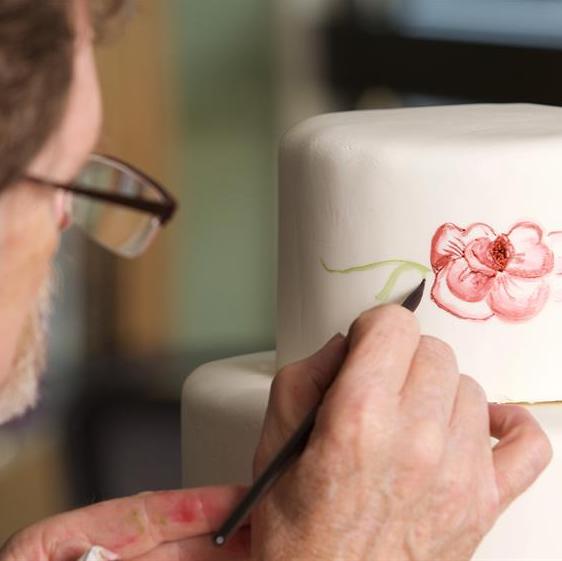
The United States Supreme Court just ruled in favor of a religiously devout, self-proclaimed “cake artist” who refused to make a custom cake for a gay couple’s wedding. The case has received a great deal of attention and emotions understandably run high. It has been popularly perceived as an epic battle between civil rights and religious freedom, but it is not that simple. The case divided the court 7-2, and many point out it was a “narrow” ruling that was determined by the uniqueness of this particular situation. In other words the ruling does not give merchants license to discriminate based on sexual orientation. The case appears to have been decided on more subtle legal arguments.
Interestingly, a hidden consideration within this difficult, complex case were the determinations that each judge needed to make regarding the artistry involved in cake design and whether First Amendment rights should be extended to this activity. (As I have noted in previous posts — art is constitutionally protected speech.) Was the “cake artist” merely engaged in commerce or a form of self-expression? Obviously, this case would not have been decided in favor of the merchant if he had been selling Hostess Ding Dongs. At least two judges issued a separate majority opinion that highlighted their concerns regarding First Amendment protections for expressive activities. The art community is largely supportive of the LGBTQ community, but in this particular case it appears … we can’t have our cake and eat it, too
